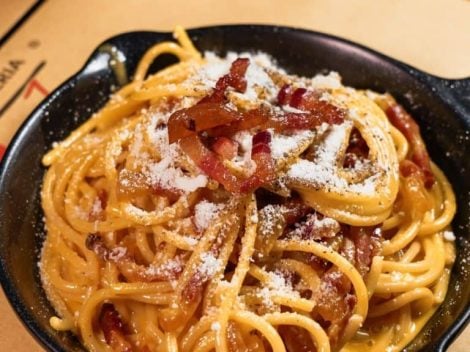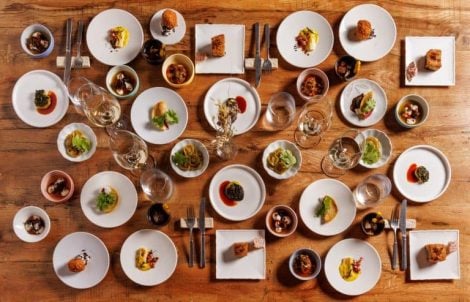Writing about food is, in the common imagination, a dream job. And in some ways, it is. Both renowned and lesser-known restaurants, trattorias, street food stalls, and artisan shops are daily stops for those in this profession, just as museums and galleries are for art writers, or armchairs and stages are for those in the cinema or theater field. Watching films, attending exhibitions, and, more broadly, having a direct experience in one's professional field are crucial steps in the career path.
How can one be credible without knowing what they are talking about? Therefore, those who write about food must delve into the work of chefs both indirectly, through the tools offered by the media, and directly, by eating.
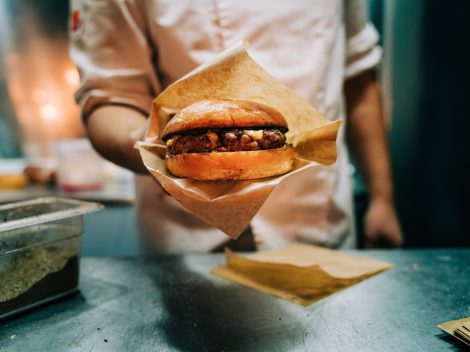
Knowledge goes through the mouth.
In other words, knowledge passes through the mouth, in a paroxysmal reiteration of the oral phase. Just as bringing things to the mouth is the indispensable tool for a newborn's exploration of the world and the central cornerstone of cognitive development, for those who write about food – whether a critic, journalist, or storyteller – bringing things to the mouth is an integral part of their training. By introducing the object of their work into their own organism, they make it their own, both metaphorically and literally: they incorporate it, making it a part of themselves, a whole that requires an effort of objectification and detachment to observe it with the necessary critical sense.
It is not a risk-free process in the long term: if the gastronomic experience is lived recklessly, following rhythms different from natural ones, it becomes a violation of one's body (which, as individuals and members of society, we are obliged to protect, but that is another discussion). Writing about food exposes one to professional diseases. Cholesterol is one of them, but not the only one.
Self-control and discipline.
Great self-control and discipline are necessary not only to rebalance the body after subjecting it to certain gastronomic marathons – for example, when traveling and seizing the opportunity to try as many tables as possible – but also to maintain a healthy relationship with food.
Unlike with cinema or theater, where one can binge on shows with no other consequence than mental fatigue, the same cannot be done in gastronomy; otherwise, it leads to discomfort. Eating is a political, agricultural, cultural, and physiological act. This is why occasionally experiencing hunger, regaining the primary stimulus, and downsizing habits, however enjoyable, are essential. Not to mention the responsibility that those who write about food have towards their readers.
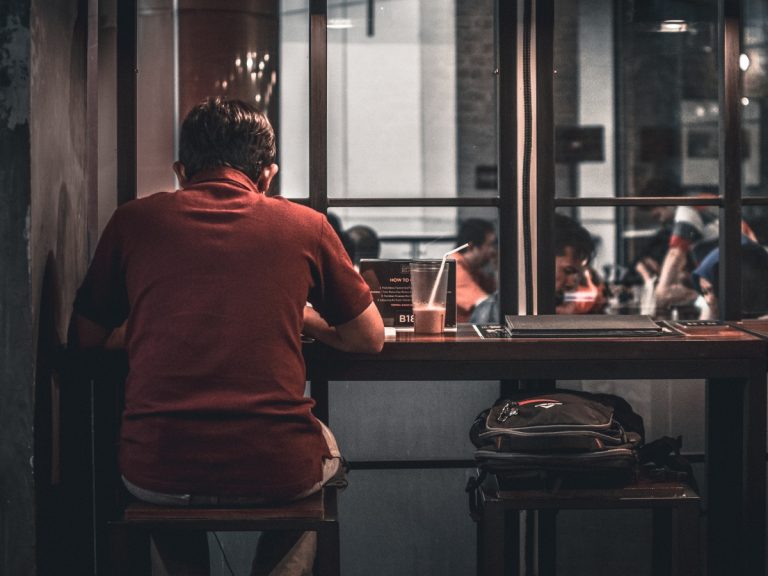
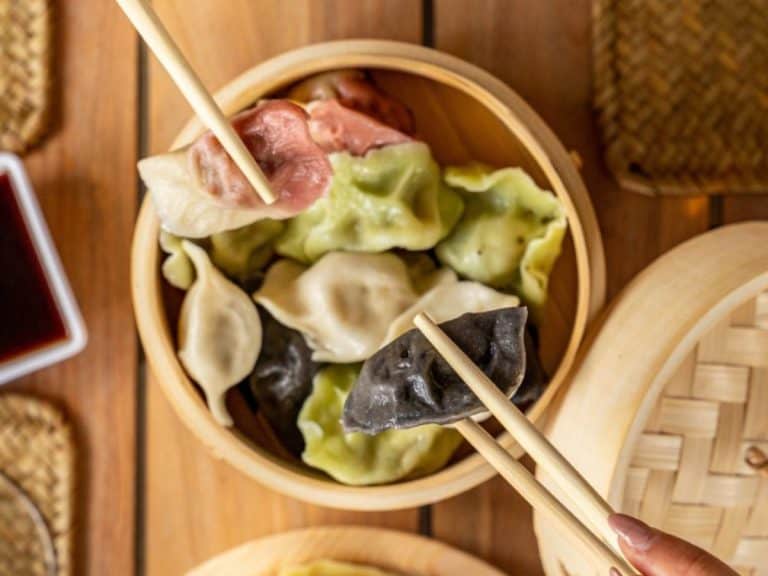 The king of Chinese dumplings arrives at the Testaccio market in Rome
The king of Chinese dumplings arrives at the Testaccio market in Rome The 13 best Pinot Bianco with the best value for money selected by Gambero Rosso
The 13 best Pinot Bianco with the best value for money selected by Gambero Rosso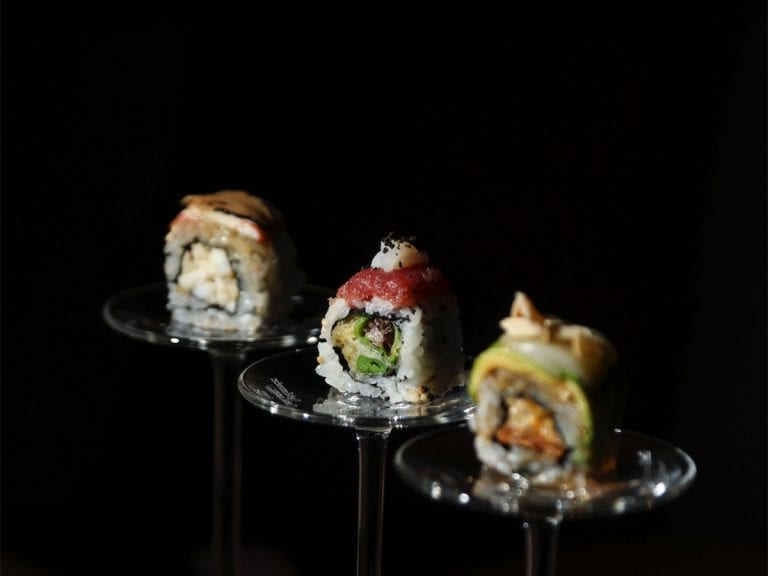 Not only pasta, potatoes, and provola. Where to eat in Naples the Nippo-Brazilian and Nikkei cuisine
Not only pasta, potatoes, and provola. Where to eat in Naples the Nippo-Brazilian and Nikkei cuisine Where to eat in Cinque Terre. The best addresses chosen by Gambero Rosso
Where to eat in Cinque Terre. The best addresses chosen by Gambero Rosso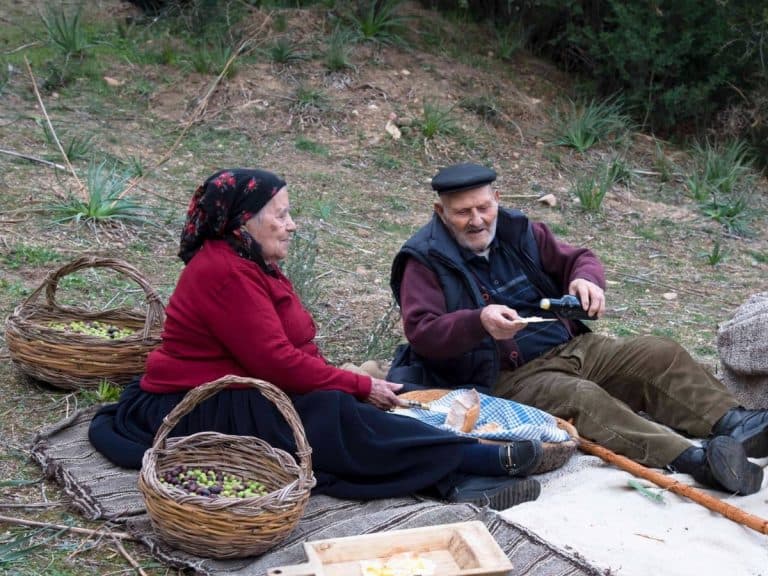 Many small producers come together in the heart of Sardinia and produce one of the best oils in Italy from centuries-old trees
Many small producers come together in the heart of Sardinia and produce one of the best oils in Italy from centuries-old trees